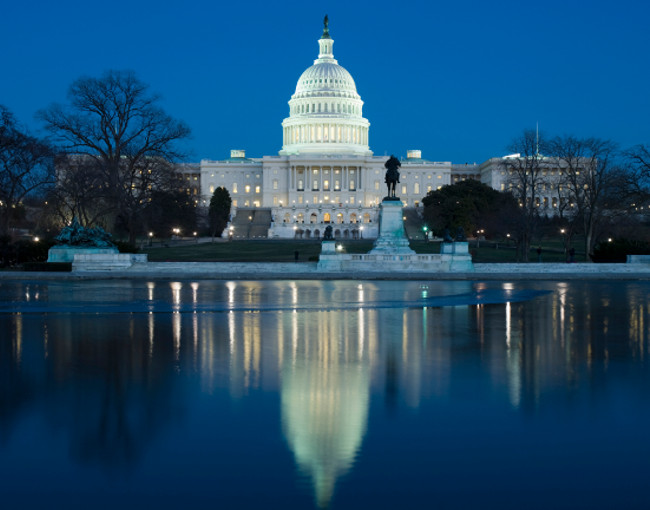Is the obsession with Title II over?
For nearly 12 years, the net neutrality issue has bounced back and forth between the Federal Communications Commission (FCC) and the courts. A key aspect of this never-ending debate has revolved around the appropriate use of Title II of the Telecommunications Act of 1996. Title II is the section of telecom law that regulates “telecommunications carriers.” Internet service providers fear that being subject to this common carrier-style regulation will lead to further regulation. Consumer advocates believe it is the part of the law that has the most teeth. Lack of congressional authority and court rulings have given the FCC no other choice of authority from which to derive net neutrality regulations.
In December, the GOP majority on the FCC, spearheaded by Chairman Ajit Pai, issued a rule that undoes the Obama FCC Title II-based net neutrality regulation. While there will undoubtedly be litigation to stop this action, the real venue for the next chapter of the debate is Congress.
Opponents and proponents of net neutrality were quick to introduce legislation in response to Pai’s action. Most notably, House Energy and Commerce Committee Communications and Technology Subcommittee Chair Marsha Blackburn (R-TN) introduced the Open Internet Preservation Act (H.R. 4682) on December 19. H.R. 4682 requires broadband providers to not block, impair, or degrade content, applications, services, or non-harmful devices while allowing for reasonable network management practices.
The bill is silent on the most controversial aspect of net neutrality: paid prioritization, which is the ability of a broadband provider to charge for the prioritization of content, applications, or services. The absence of language would permit broadband providers to engage in paid prioritization. Instead, the bill focuses on the provisions with which cable and telecom companies say they can easily comply.
Blackburn’s bill establishes the requirements of broadband providers under Title I of the Telecommunications Act of 1996 – not Title II. Putting paid prioritization aside, the structure of Blackburn’s bill is notably similar to net neutrality legislation introduced in 2006, the Internet Freedom Preservation Act (S. 2917). This original Title I legislation was co-sponsored by Democrats such as then-Sens. Barack Obama, Hillary Clinton, and John Kerry and current Sens. Ron Wyden and Patrick Leahy. Their co-sponsorship means that senior Democratic Senators – the top advocates for strong net neutrality – are on record supporting a Title I solution.
As Congress debates and advances net neutrality in the coming months, Title I will likely be the section where basic net neutrality protections are enshrined. Paid prioritization will continue to be a sticking point, but the precedent exists for lawmakers on both sides of the issue to at least agree on a common framework for creating a new law aimed to protect and preserve the Internet.


